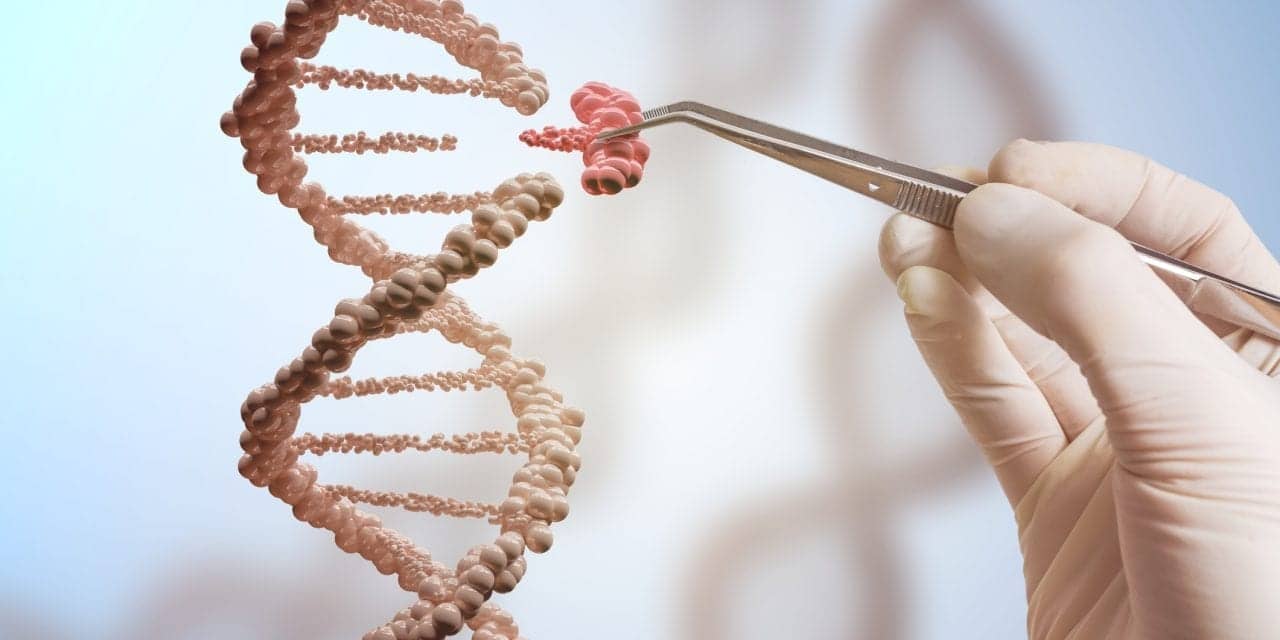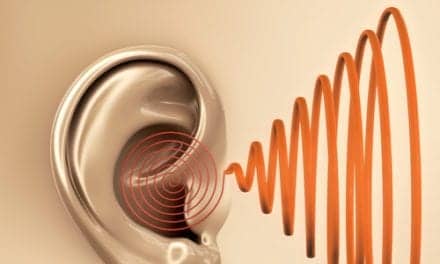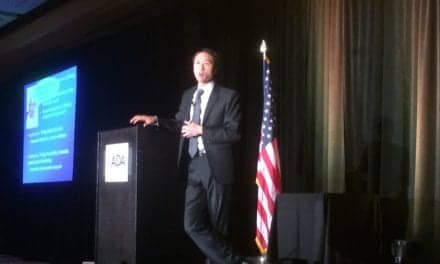Until now, seven genes were known to be involved in hearing loss in Israel’s Jewish population. A new study led by Zippora Brownstein, PhD, and Professor Karen Avraham from the Sackler Faculty of Medicine at Tel Aviv University has found that 32 genes are responsible for inherited hearing loss in Israeli Jewish families, according to a press release on the Tel Aviv University website. The researchers also identified a mutation in a gene not previously recognized to cause hearing loss in humans. The research has immediate implications for genetic counseling for families with hearing loss and for care of children with hearing loss.
Researchers from multiple Israeli universities and hospitals, and the University of Washington in Seattle, the US National Institutes of Health (NIH), Bethlehem University, the University of Iceland, and the University of Maryland contributed to the study. The study was published on July 20, 2020, in the journal Clinical Genetics.
More than 150 genes are known to be involved in hearing loss. Genetic diagnoses for inherited hearing loss have previously been difficult because any one of these different genes, and any of many mutations in each gene, could be the cause. Until now, mutations in only seven of the 150 genes had been detected among persons with hearing loss in the Jewish population of Israel. In the current study, which included 88 Israeli families with hearing loss, the researchers identified mutations in 25 additional genes.
Although 24 of the 25 genes are known to cause hearing loss in families worldwide, most of the specific mutations in Israeli Jewish families are newly observed and thus far known only the Jewish community. The 25th gene, called ATOH1, was found for the first time to cause hearing loss in humans.
“We know that ATOH1 has an important role in the ear,” said Avraham. “Without it, hair cells of the inner ear—the cells responsible for our hearing—cannot develop properly. Until now, a mutation in this gene was identified only in mice, and the mice had a hearing loss. We found a similar mutation in relatives with hearing loss in a large family in Israel, the first people in the world known to have a mutation in this gene. I believe we will find more families, both in Israel and abroad, with mutations in this gene that cause hearing loss. With this information, new treatment possibilities, including gene therapy, for people with hearing loss will be developed.
“We surveyed Jewish families throughout Israel with all types of hearing loss: from congenital to older age at onset, and from moderate to profound,” Avraham added. “Our survey exploited advanced gene-sequencing technology, including a custom gene panel that we created called HEar-Seq. This custom gene panel allowed us to simultaneously sequence all 150 genes known to be involved in hearing loss, and many ‘candidate genes’ as well. HEar-Seq revealed the distribution of genes and their mutations responsible for hearing loss in all the Jewish communities that make up modern Israel. It led us to ATOH1.
“Our discoveries have immediate implications for genetic counseling, which can enable families to prevent additional cases of hearing loss through pre-gestational genetic diagnosis and in-vitro fertilization. Also, for many families, treatment and rehabilitation for hearing loss can be tailored to the family’s specific mutation. The findings of this study allow doctors and audiologists in Israel to provide personally tailored treatment to patients with inherited hearing loss.”
The study was funded by the National Institute of Deafness and Communication Disorders (NIDCD), the Israel Precision Medicine Partnership of the Israel Science Foundation, the Ernest and Bonnie Beutler Research Program of Excellence in Genomic Medicine, the Hedrich Charitable Trust, and travel grants from the University of Washington Virginia Merrill Bloedel Hearing Research Center.
Original Paper: Brownstein Z, Gulsuner S, Walsh T, et al. Spectrum of genes for inherited hearing loss in the Israeli Jewish population, including the novel human deafness gene ATOH1. Clinical Genetics. 2020;98(4):353-364.
Source: Tel Aviv University, Clinical Genetics






Shalom, This is very good news indeed. However my hearing loss came about gradually since i had taken a mouthful of Bayer aspirins to squelch a sore throat. I didn’t know at the time that I had a milk/dairy allergy. I baked chocolate chip cookies when I was 35 years old, and I put a lot of powdered milk in the recipe. Gradually I started to get a sore throat that no doctor or emergency room could detect a source. I took vitamin C and aspirins. Gradually in the next few years I had a real hearing loss. Twenty years later a hearing aid office told me that aspirins taken in quantity cause hearing loss. There is new technology in hearing aids since I first bought mine, ten years ago, for 4,000 dollars the pair. I now realize the whole aid industry is a great rip off to the people . I wasn’t told that the aids would hear noise, but not conversation. The new technology has corrected that. I am now going to be $5,000 i debt, if I’m lucky. Of course I am wondering if your gene studies took into account the other reasons besides genetic that can see a cure now.